Holiday shopping just got a major AI upgrade. Google has unveiled a comprehensive suite of artificial intelligence features designed to transform how we discover, compare, and purchase products during the busy holiday season. These new tools promise to eliminate common shopping frustrations while introducing capabilities that feel almost futuristic, from AI assistants that call stores on your behalf to automated checkout systems that complete purchases when prices drop.
Google's timing could not be better, as the National Retail Federation forecasts holiday spending will reach $1 trillion for the first time. With AI influencing $229 billion in global online sales during last year's festive period, the company is positioning itself at the center of this shift. It is not just riding the wave; it is making it bigger. Google launched these agentic shopping features in the U.S. starting November 13, with plans to expand globally soon, setting the stage for what could become the new standard for digital commerce.
Your new AI shopping companion that actually gets it
Google has reimagined how we shop through Search. The company is enhancing AI Mode to handle complex shopping conversations like talking to a knowledgeable store employee. Instead of wrestling with keyword searches, you describe what you need in plain language.
Here is what that looks like in practice. Instead of typing "noise-canceling headphones" and skimming endless results, you might ask, "Help me find headphones for working from home that help me focus but still let me hear the doorbell." The AI interprets the nuance, noise canceling without total isolation, then surfaces options that fit the real-world use case.
This conversational approach also shows up across Google's ecosystem. When you ask AI Mode a shopping question, it provides results with images, price breakdowns, reviews, and inventory information to help users quickly and confidently decide what to buy. The system pulls from Google's Shopping Graph, which includes over 50 billion product listings with 2 billion updates every hour, as per Google's claim. Real-time data meets a conversational interface, and the results feel immediate and relevant.
The Gemini app is getting these shopping skills too, which makes the whole process feel like one long, helpful chat. Users can now seamlessly move from brainstorming gift ideas to browsing actual products, all within the same conversation. You might start with, "What should I get for my coffee-obsessed sister who travels a lot?" and end with specific product recommendations and where to buy them, all without leaving the thread. It is a shift from fragmented browsing to a continuous, context-aware dialogue.
Pro tip: Be specific about your constraints and preferences. Instead of "running shoes," tell the AI about your gait, preferred brands, budget, and what you will wear them with.
Let Google call stores for you, seriously.
Here is where it gets wild. Google rolled out a feature that sounds like sci-fi but works in real life: AI that calls local stores on your behalf to check availability, pricing, and promotions. This "Let Google Call" feature uses enhanced Duplex technology with Gemini model upgrades to identify the best stores to contact and summarize conversations into key takeaways.
Think back to the last time you called around for a hot item. Hold music. Transfers. The dreaded "let me check in the back." Google cuts through that, then hands you a clean summary you can act on.
The workflow is simple. When you search for products "near me," you will see an option to let Google handle the outreach. The AI discloses to stores that it is an automated caller, and merchants can opt out if they prefer not to engage with AI systems. After the calls, you receive a text or email with gathered information, including local inventory details from the Shopping Graph.
Initially, this agentic calling feature is rolling out for toys, health and beauty products, and electronics. The implications reach further than those aisles; it is the first mainstream taste of AI agents conducting business conversations with local stores.
What stands out is the transparency. The AI does not pretend to be human, and businesses keep the choice to participate. Automation that respects boundaries, finally.
AI that shops while you sleep
The most futuristic piece is agentic checkout. It goes beyond price tracking and acts like a personal purchasing assistant that can actually complete purchases on your behalf using Google Pay. You specify items by size, color, and desired price, then get notified when prices drop on participating merchants.
The initial merchant lineup includes Wayfair, Chewy, Quince, and select Shopify stores. After receiving a price drop alert, you can authorize the automatic purchase, and Google completes the transaction securely.
Picture this. You are eyeing a winter coat that sits a bit above your budget. With agentic checkout, you set your target price, then let Google watch across multiple retailers. When the price hits your number, you get an alert and, if you approve, the purchase goes through without you lifting a finger. No more constant refreshing or missing a flash sale while you are in a meeting.
This is a different tier of commerce. The AI does not just recommend or track, it transacts. Google frames it as automating the tedious parts of shopping while maintaining user control, especially around pricing decisions. The bigger story is that we are edging into autonomous commerce, where agents can shepherd a purchase from discovery to delivery.
What this means for your holiday shopping strategy
These features signal more than incremental tweaks. They point to the rise of what many would call shopping intelligence. Research shows that 97% of consumers say AI influences their shopping behaviors at least slightly, with 39% reporting a strong influence. Google is tapping into that comfort level with tools that feel immediate and, frankly, kind of addictive once you try them.
The moment is ripe. Traffic from generative AI sources increased by 1,300% during the 2024 holiday season compared to the previous year, and over half of consumers now try new brands based on AI recommendations. Expect brand discovery to shift, and expect more shoppers to let AI do the early legwork.
So how does this change your routine? We are moving from manual product research to intelligent orchestration. Instead of jumping between ten tabs, you hand off the heavy lifting to an assistant that knows your context and constraints. Instead of dialing store after store, you let an agent gather inventory and pricing while you do literally anything else. And instead of babysitting price trackers, you set purchase parameters and let the system act when the moment is right.
This is Google's vision for agentic AI, tools that move from suggestions to action. We are looking at a near future where AI does not just help you find things, it manages the timing and mechanics of buying them. For retailers, the battleground shifts from traditional search results to AI recommendation engines. For shoppers, the experience becomes faster, more personal, and far more hands-off.
The broader implications go beyond convenience. Consider it a test bed for a post-search commerce world, one where routine purchasing runs in the background, and you reclaim time for the parts of the season that actually matter.




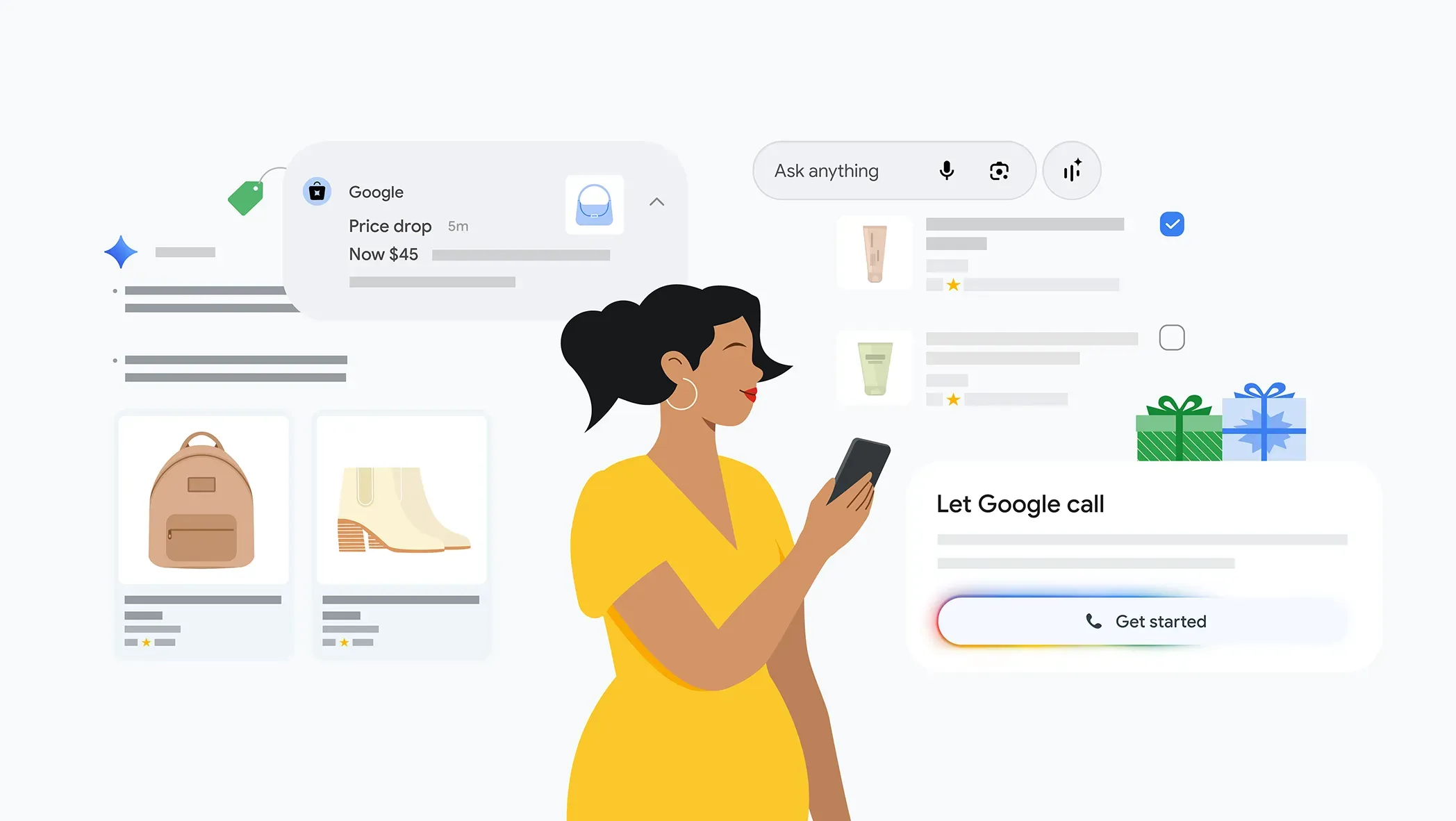




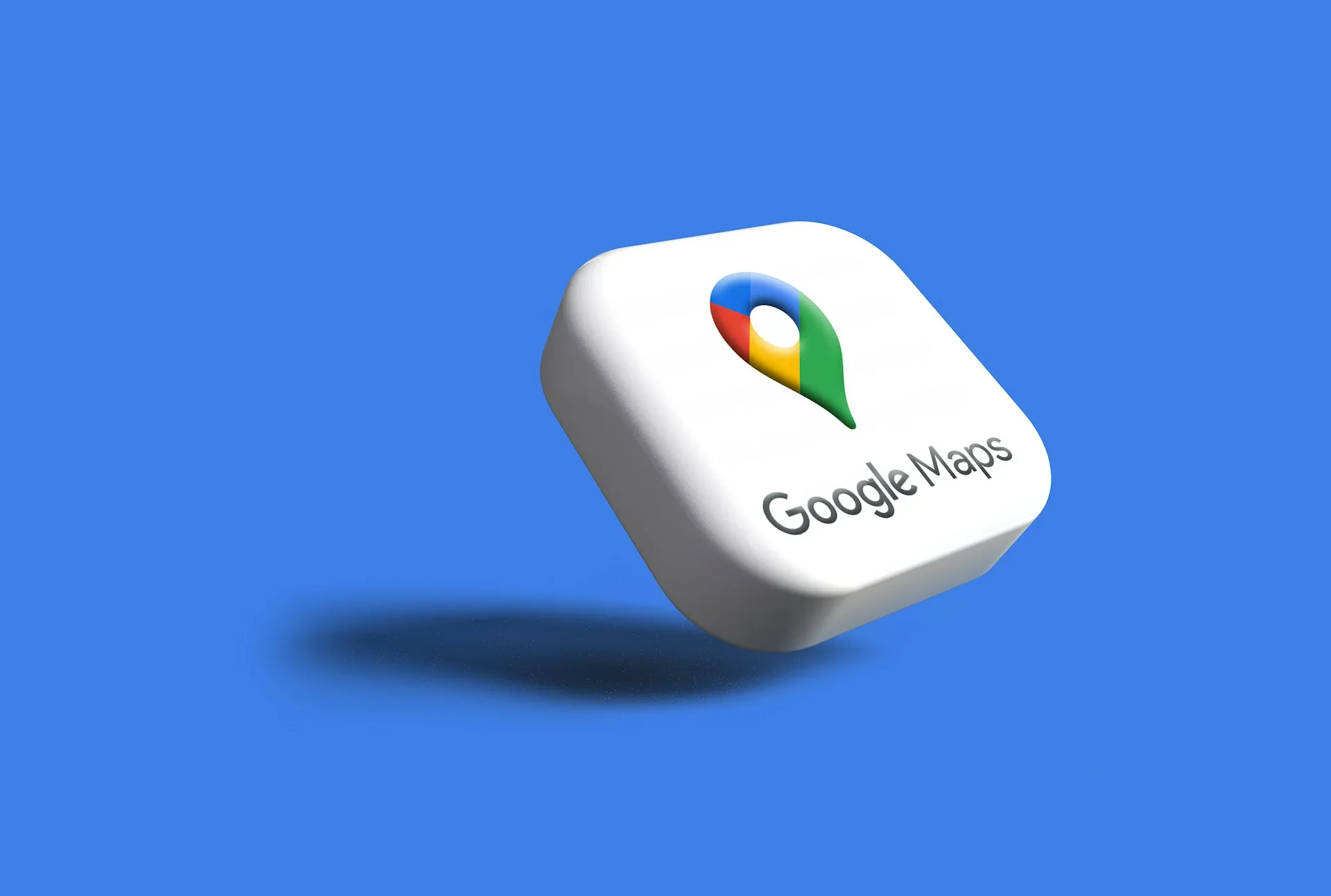



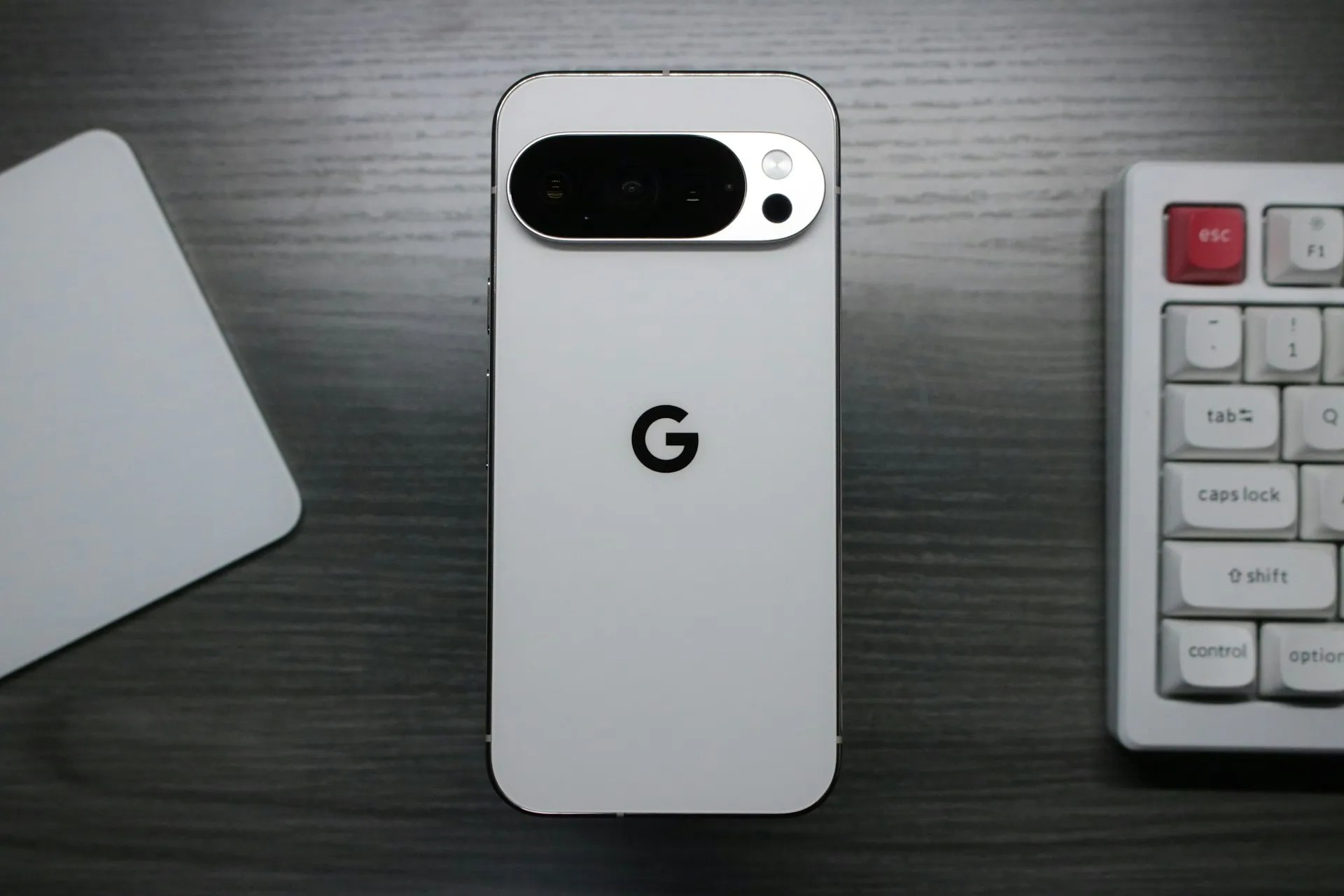


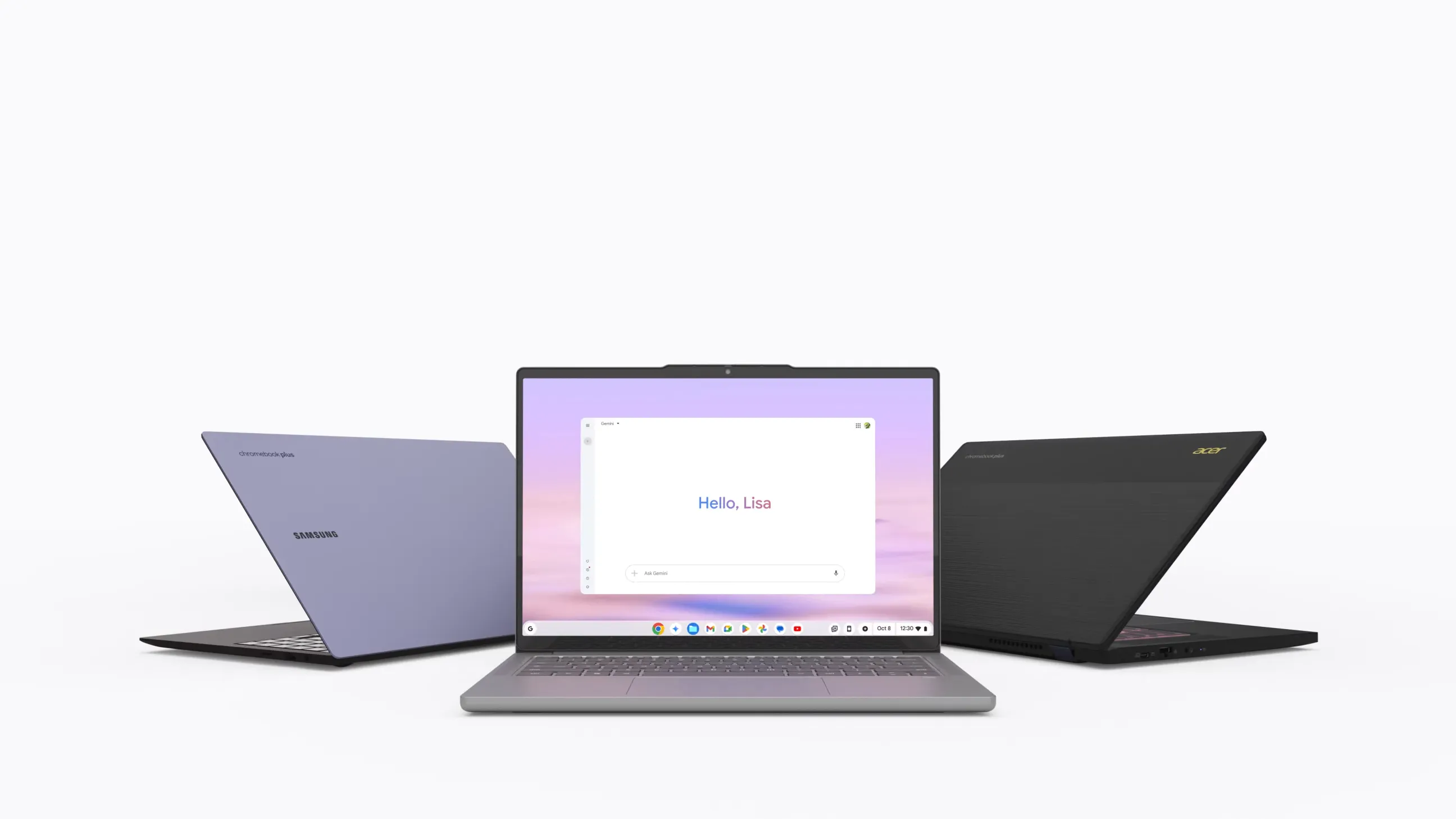




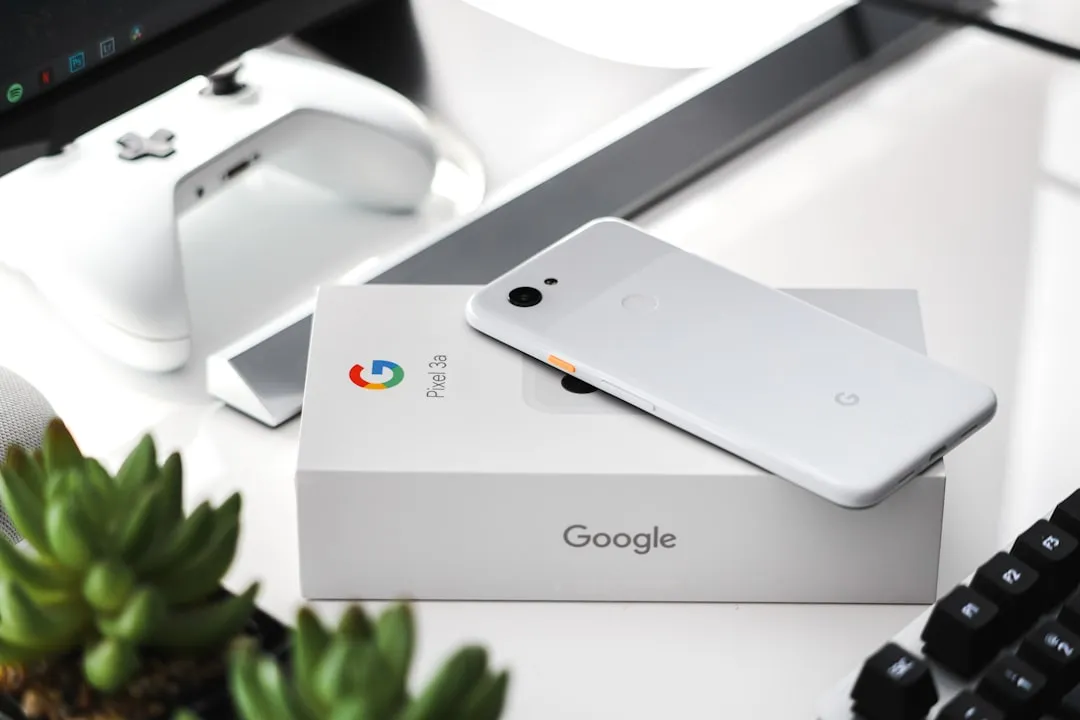



Comments
Be the first, drop a comment!